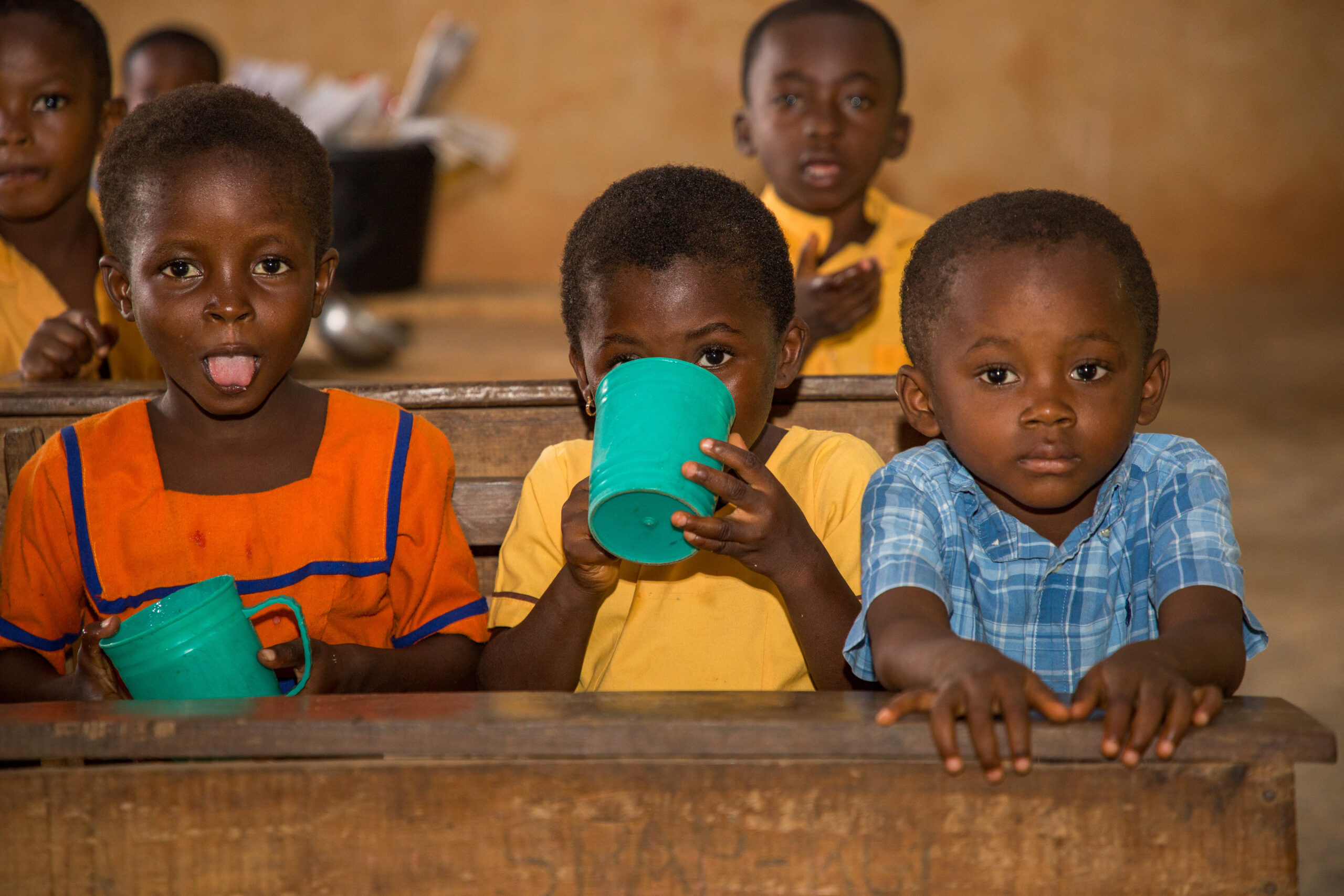
Mamudu shared the impacts in her life through Self-Help International’s Teen Girls Club.
Self-Help International recently released a special report that outlines the impact the organization made in 2021. Through testimonials, program updates from Ghana and Nicaragua, and financial statements, people can read how Self-Help impacted people living in West Africa and Central America. The report may be accessed online here. Loyal donors will receive a printed copy of the magazine later this month but anyone can request a hard copy by calling the office at 319-352-4040.
Over the course of 2021, Self-Help’s team of front-line workers continued to demonstrate the organization’s greatest strength: locally-based skilled program staff in Ghana and Nicaragua who carry out Self-Help’s mission day in and day out, and demonstrate tremendous creativity in adapting to and overcoming new challenges in the pursuit of alleviating hunger by helping people help themselves.
Executive Director Nora Tobin said, “We give thanks to all who advised our team throughout the year, particularly the Board of Directors, and we gratefully acknowledge the service of those who completed their terms this year: Fran Mueller, Dennis Preslicka, Nancy Ross and Dawn Taylor. I’m proud to say we strengthened partnerships with key allies to expand our collective impact and support for rural farm families. Self-Help Nicaragua worked closely with INTA, CIAT-HarvestPlus, and local producers to demonstrate and encourage the production of further biofortified crops such as rice and beans in addition to maize, to affordably enhance nutrition through culturally-appropriate foods. In a significant scaling of our impact, Self-Help Ghana expanded our service area into the Upper West Region in collaboration with the Ullo Traditional Area Development Committee, Ministry of Food and Agriculture, Kwame Nkrumah University of Science and Technology (KNUST), Engineers Without Borders Chapters at KNUST and Iowa State University, and many others.”
Tobin explained that worldwide, small business owners and family consumers faced challenges associated with interrupted global supply chains and increasing prices for supplies that were available to buy on the market. Families living on the edge of financial and food security before the pandemic were disproportionately affected by these disruptions. “In response,” Tobin said, “Self-Help increased our micro-credit lending by 50% in 2021, issuing more than $300,000 USD equivalent in loans to more than 900 families. In tandem, we upgraded our software systems to increase transparency and leverage data to provide early intervention support to those who are struggling and might need extra advising, support, or flexibility to be able to grow their businesses.”
She added, “You’ll read story after story about how people were able to help themselves in partnership with SHI in 2021. Wherever you may be reading this report, we appreciate your ongoing support, whether as a formal partner, an informal advisor, an ally or advocate among your friends and faith communities, a financial supporter, a cheerleader, a virtual event participant, a front-line worker or a community leader putting training into action, we’re grateful to be your partner in impact. We’re truly better together.”

